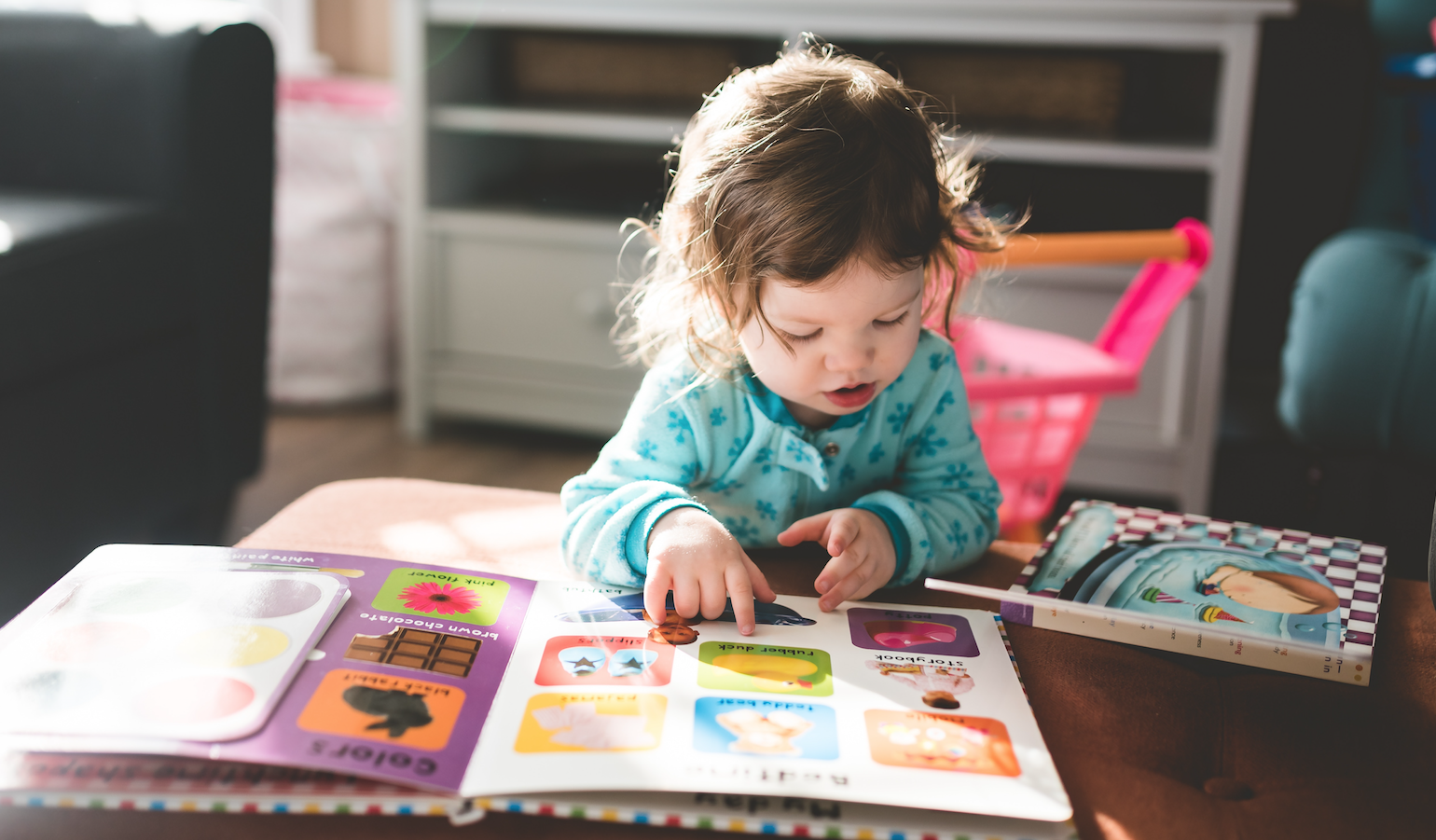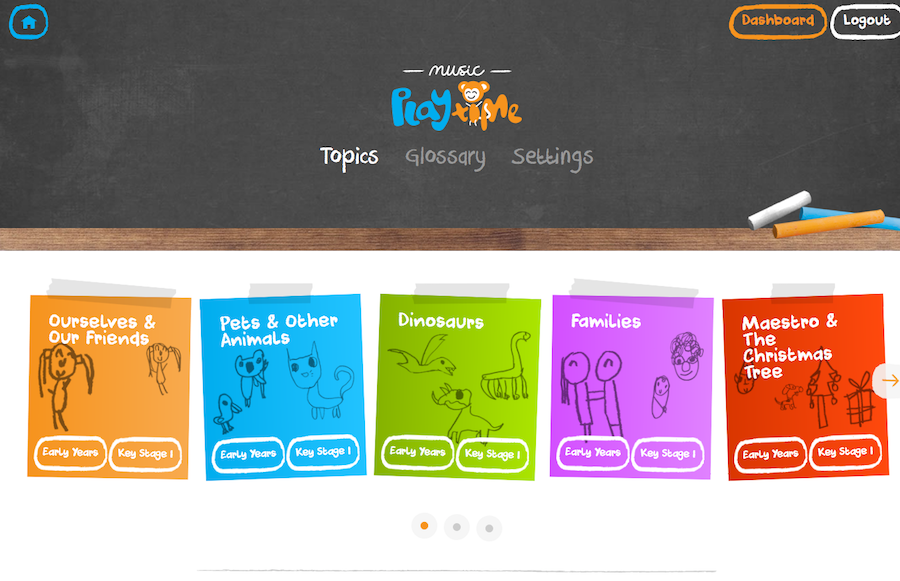Music Activities at Home to Improve Your Child's Language Skills! RSS

The results of a significant Middlesex University study provide 'compelling evidence' that informal musical experience is associated with children's development of language grammar. Home singing and music-making activities help children to acquire verbal skills - even if parents do not have any particular musical abilities. For children aged 3-4 the effects of home music-making were particularly striking:
Besides the direct effects of informal musical experience at home on either linguistic or musical skills in young pre-schoolers, the most intriguing and novel finding in the present study was that the interaction between home music experience and musical skills was predictive of language development.
Melody was particularly associated with language, grammar and tempo; perception of rhythm and beat were consistently associated with awareness of phonology (the way sounds function within any language).
The finding that home music activities have unique potential for transfer to language learning in the early years is well-supported by other studies cited in the article’s lengthy bibliography. Home music-making was also shown to play a supportive role in achieving learning goals such as understanding numbers through counting songs, making everyday activities more enjoyable, soothing, providing distraction, and regulating behaviour. The level of the parents' musical skills did not influence the effect - all parents can help their child's language development through music, even if they are not musically educated themselves.
Three main conclusions were reached by the researchers:
- Distinct musical and linguistic skills are linked in young pre-schoolers - activities based on rhythm predict phonological (spoken sounds) awareness, and melody-based activities such as singing predict the development of language grammar.
- Informal music activities at home have an impact on the development of children's complex language skills, particularly in three- and four-year-olds.
- No matter what the parents’ own musical skills might be, musical experience in the family predicts and enhances young children’s language development.
The researchers said these findings paved the way for the development of dedicated musical activities centred particularly on the aspects of music found to best support preschoolers’ language learning: tempo, melody, rhythm and beat. Parents can now find the right kind of musical activities to support their child's language development at MusicPlaytime, a new website full of fun things to do in music. Music Playtime is unique in being ideal for family groups, with lots of demonstration videos of ordinary children like yours, enjoying music that's based on all the topics they love such as Pets and Dinosaurs! Even better, the activities are strongly focused on the recommended elements of tempo, melody, rhythm and beat and there's enough material to see you and your children through several years of musical fun.
